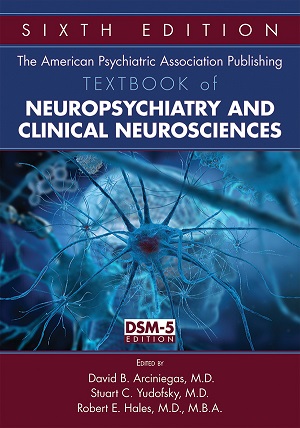Chapter 18.Multiple Sclerosis
Sections
Excerpt
Multiple sclerosis (MS) is a clinically and pathologically heterogeneous demyelinating disorder of the central nervous system (CNS) with inflammatory and degenerative components. Although formal proof of an autoimmune etiology remains elusive and alternative theories of MS exist, autoimmune mechanisms are strongly suspected based on the genetic association of MS with major histocompatibility complex (MHC) class II alleles, the cellular constituents of CNS infiltrates in MS patients, and similarities of MS to animal models of experimental autoimmune encephalomyelitis (Nylander and Hafler 2012). Autoimmune attack of the myelin-oligodendrocyte complex is hypothesized to originate from a breakdown of immune tolerance in susceptible individuals via activation of autoreactive myelin lymphocytes by a foreign peptide with structural homology to the myelin (molecular mimicry). Immune-mediated demyelination interferes with saltatory axonal conduction in the CNS, and diverse, paroxysmal neurological symptoms manifest from reduced or blocked conduction, spontaneous discharge, and ephaptic transmission.
Access content
To read the fulltext, please use one of the options below to sign in or purchase access.- Personal login
- Institutional Login
- Sign in via OpenAthens
- Register for access
-
Please login/register if you wish to pair your device and check access availability.
Not a subscriber?
PsychiatryOnline subscription options offer access to the DSM-5 library, books, journals, CME, and patient resources. This all-in-one virtual library provides psychiatrists and mental health professionals with key resources for diagnosis, treatment, research, and professional development.
Need more help? PsychiatryOnline Customer Service may be reached by emailing [email protected] or by calling 800-368-5777 (in the U.S.) or 703-907-7322 (outside the U.S.).



